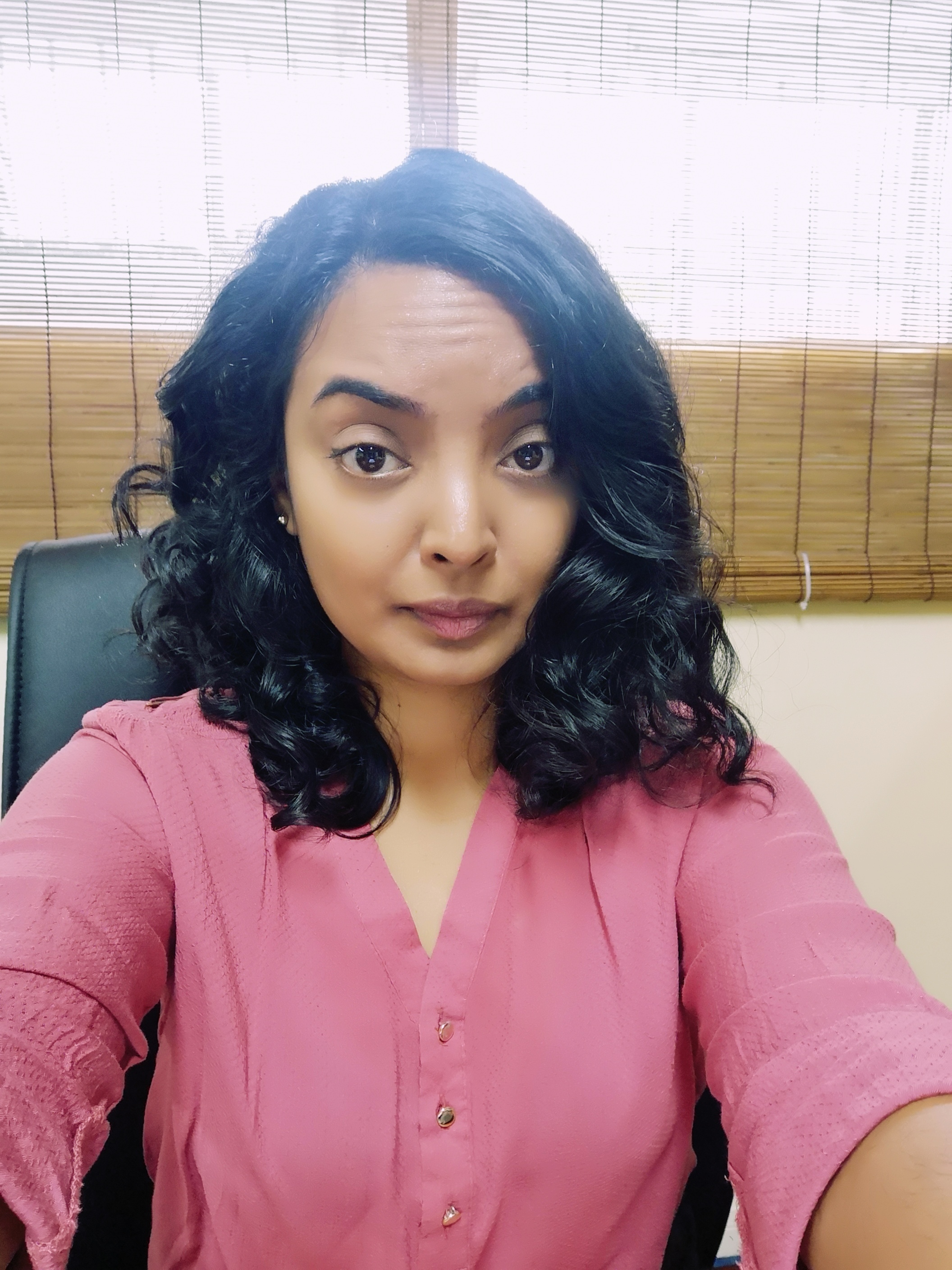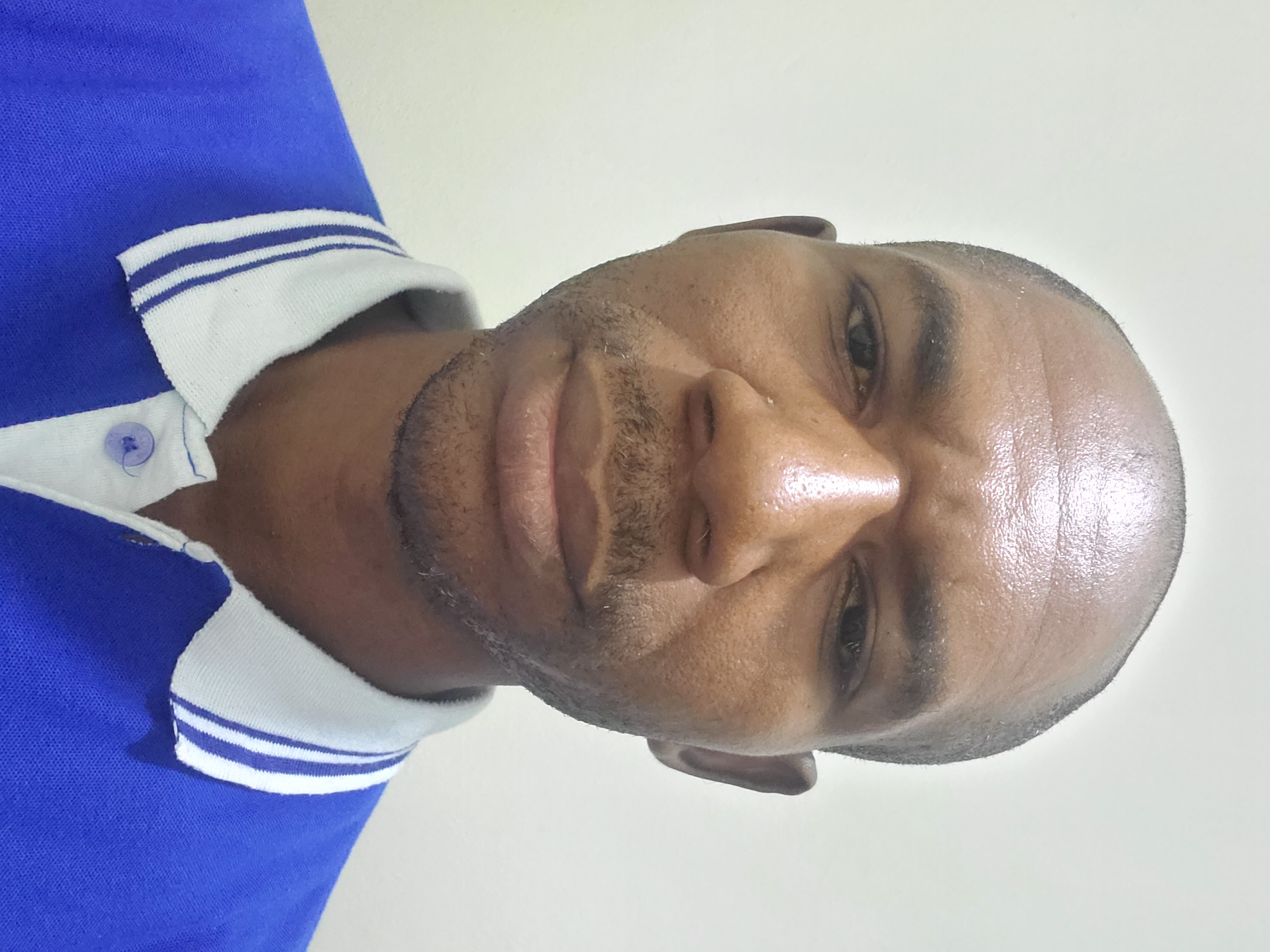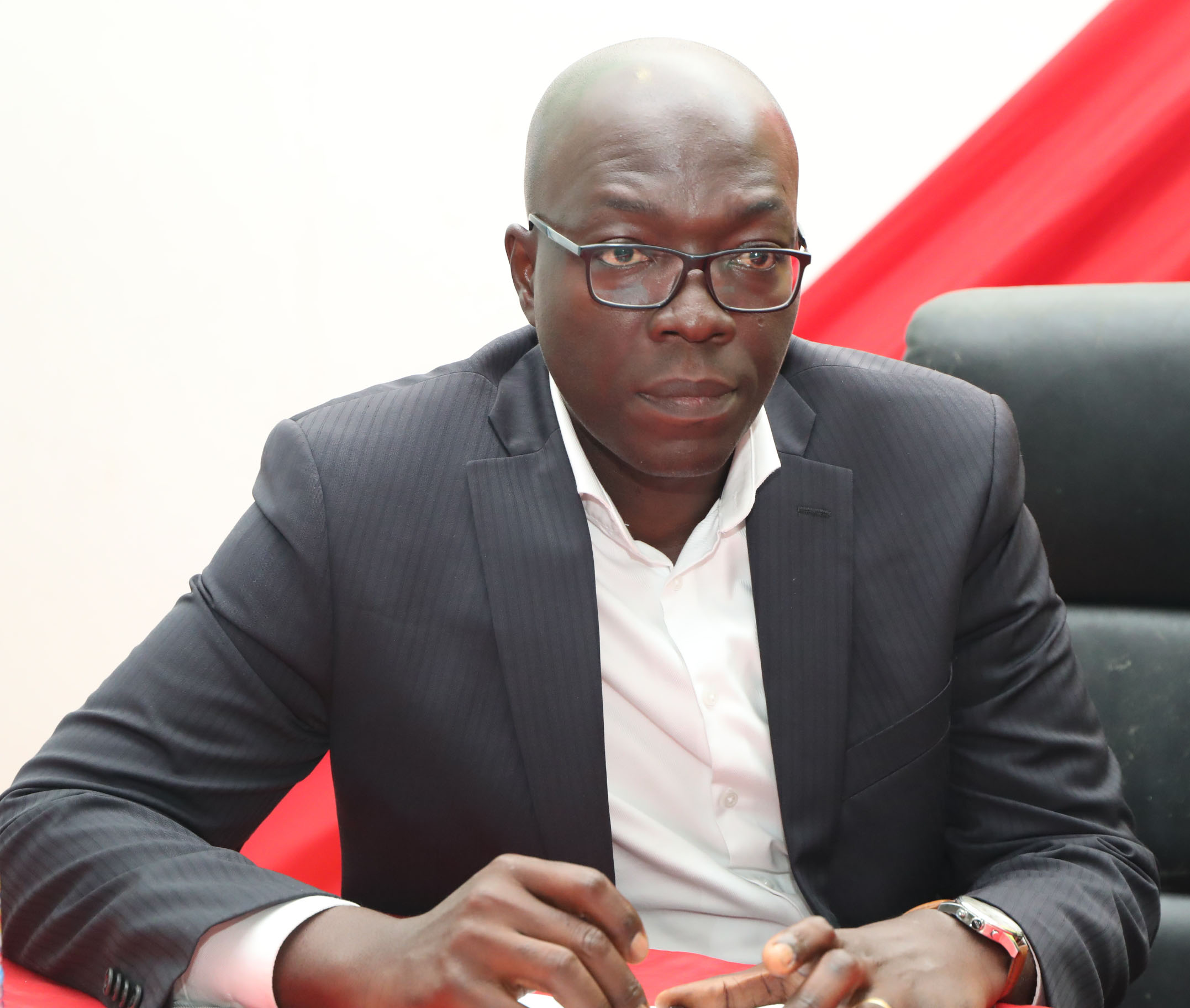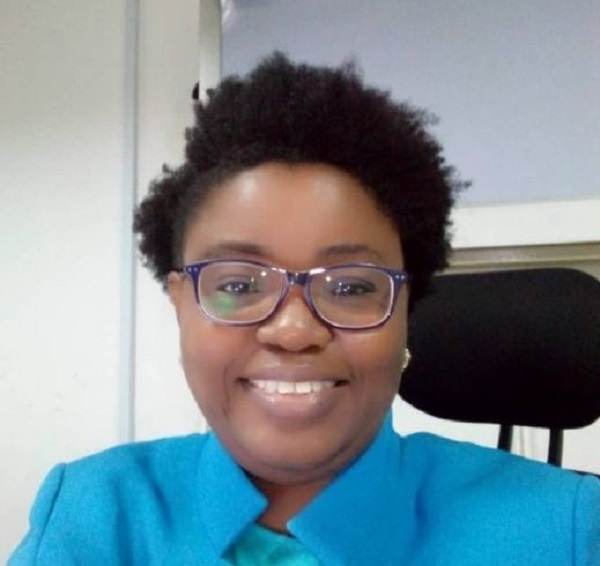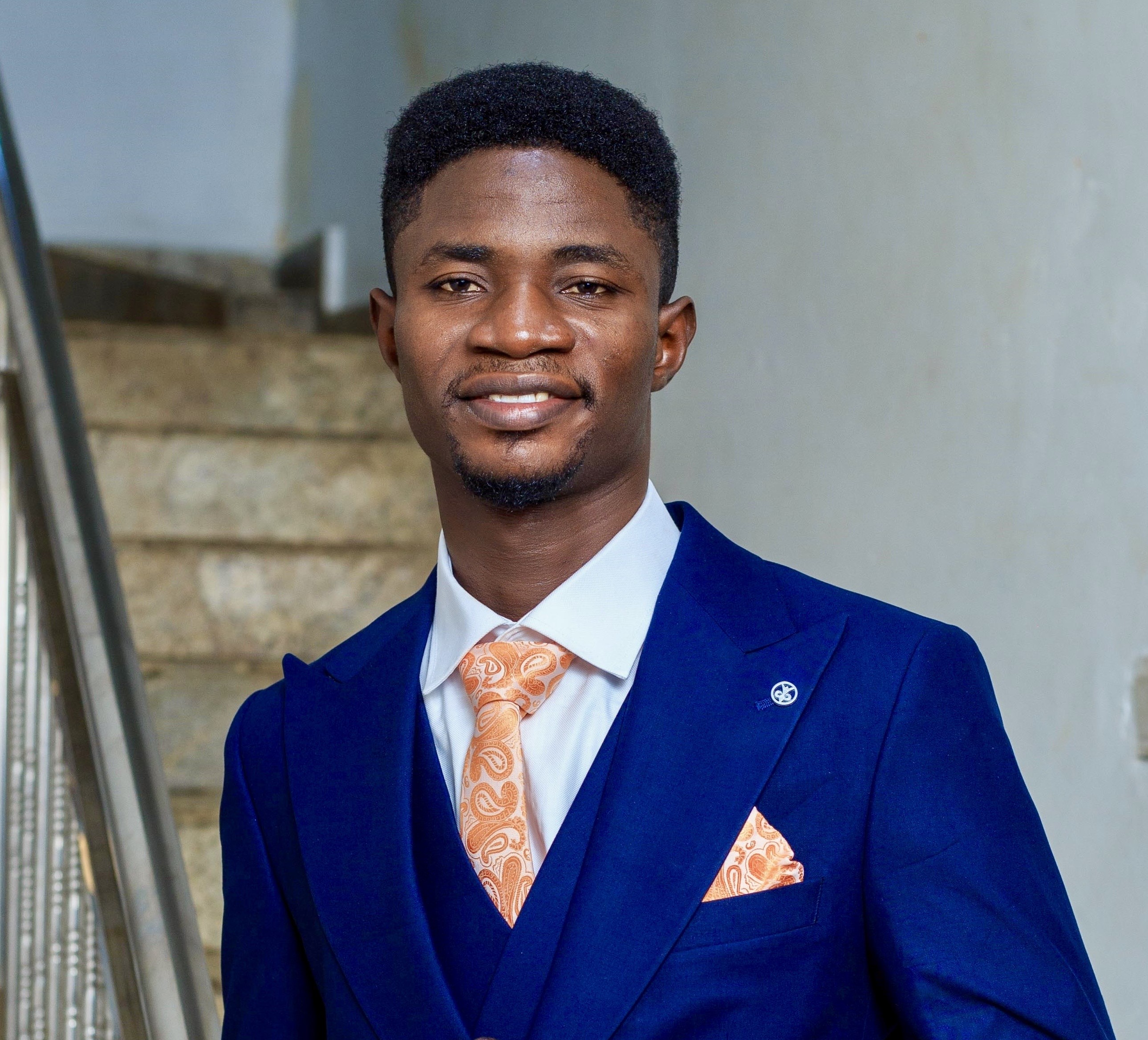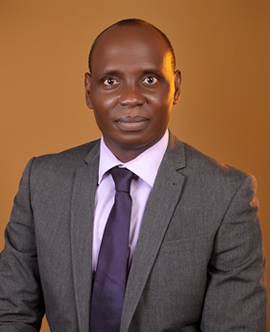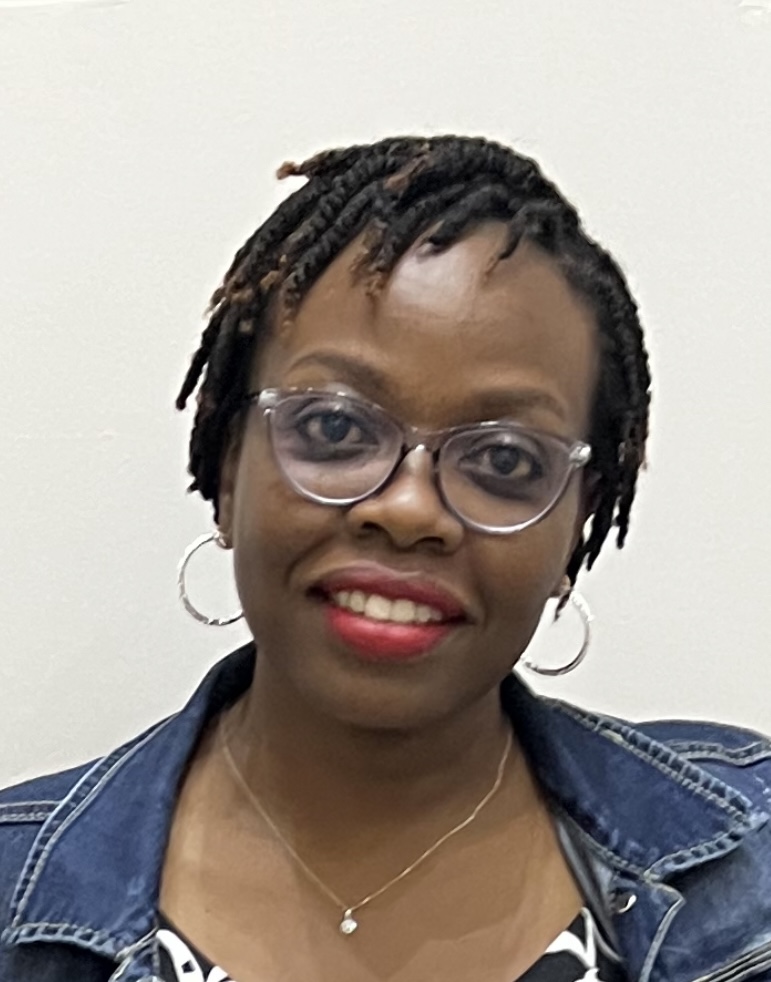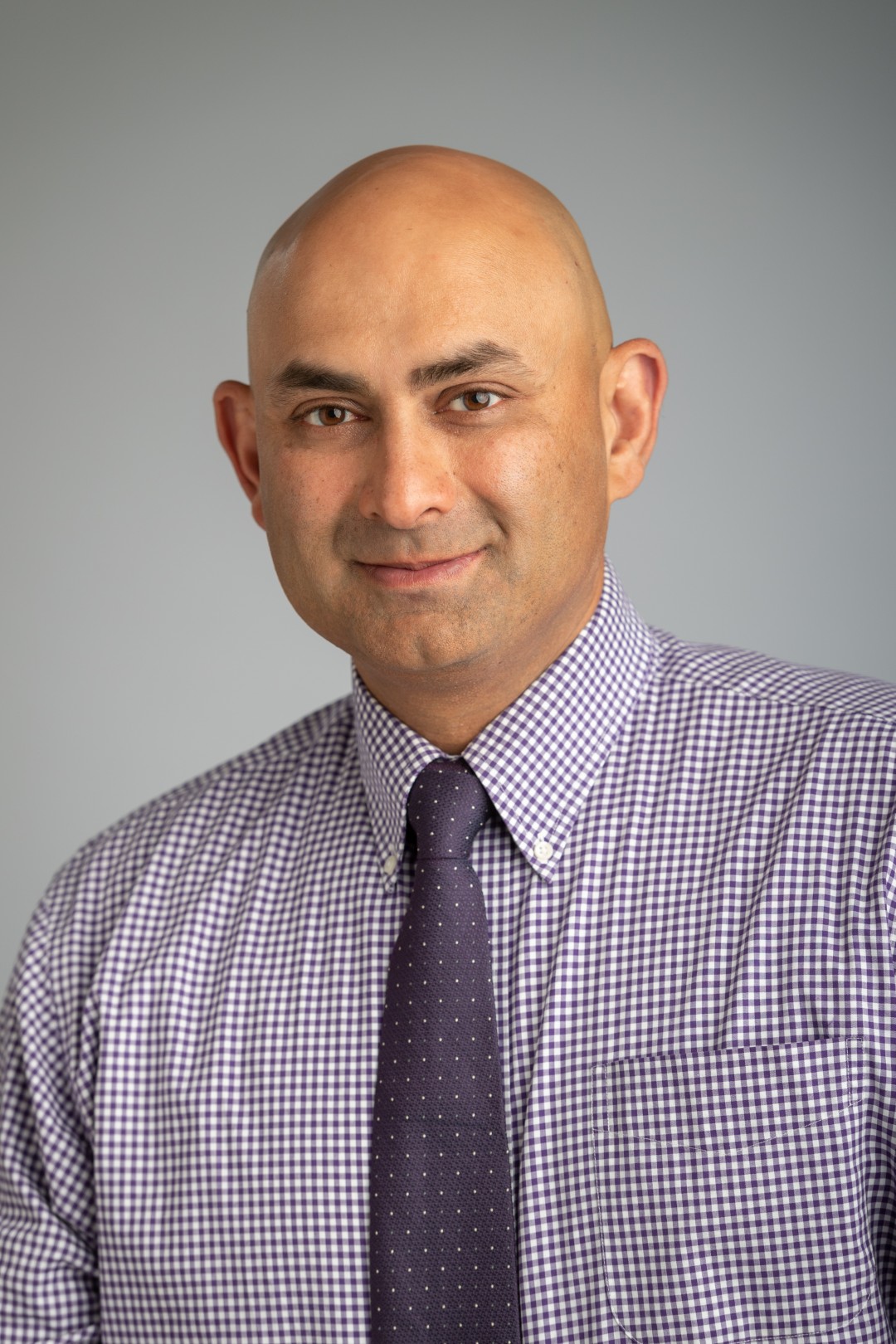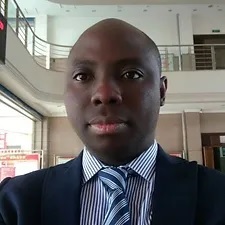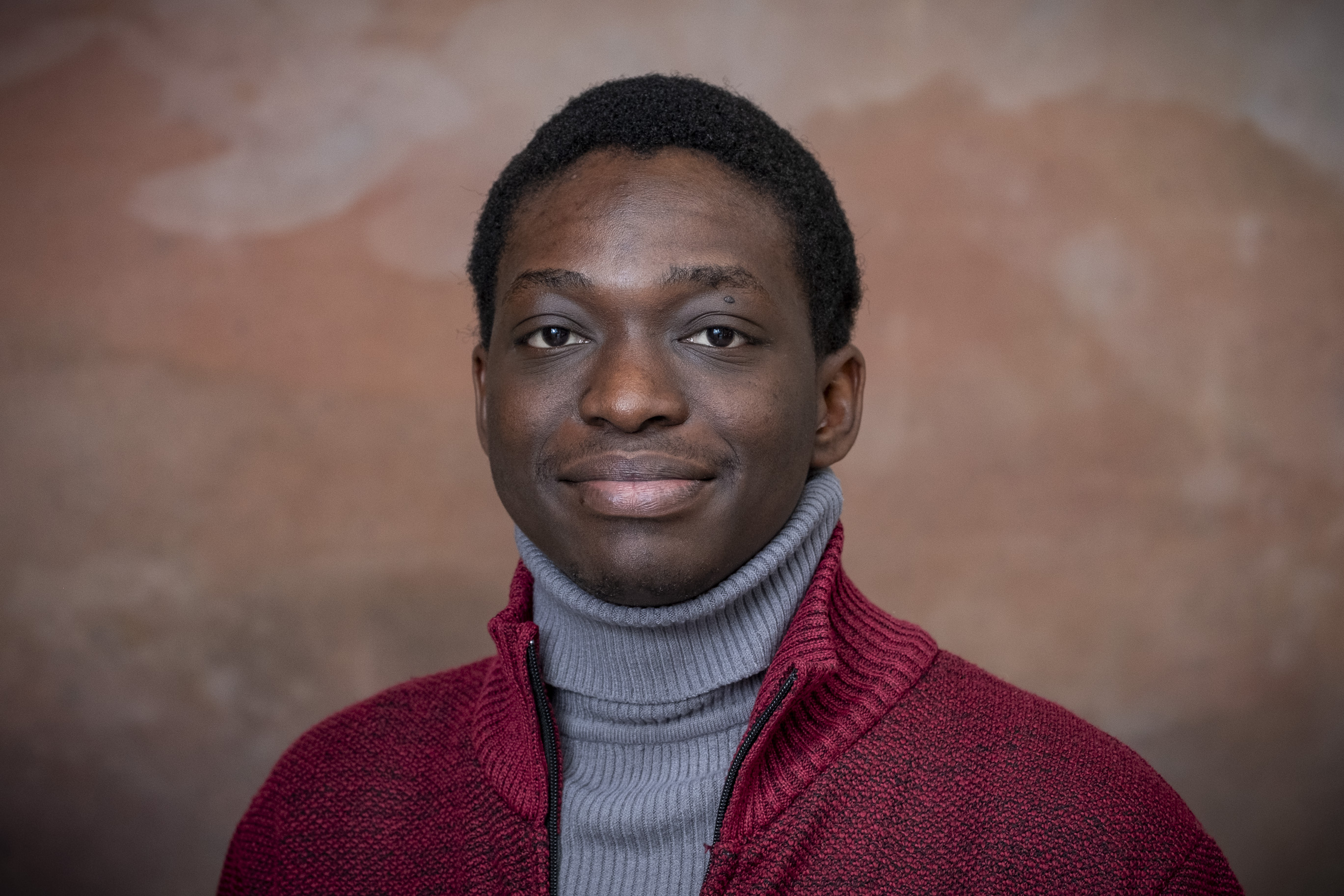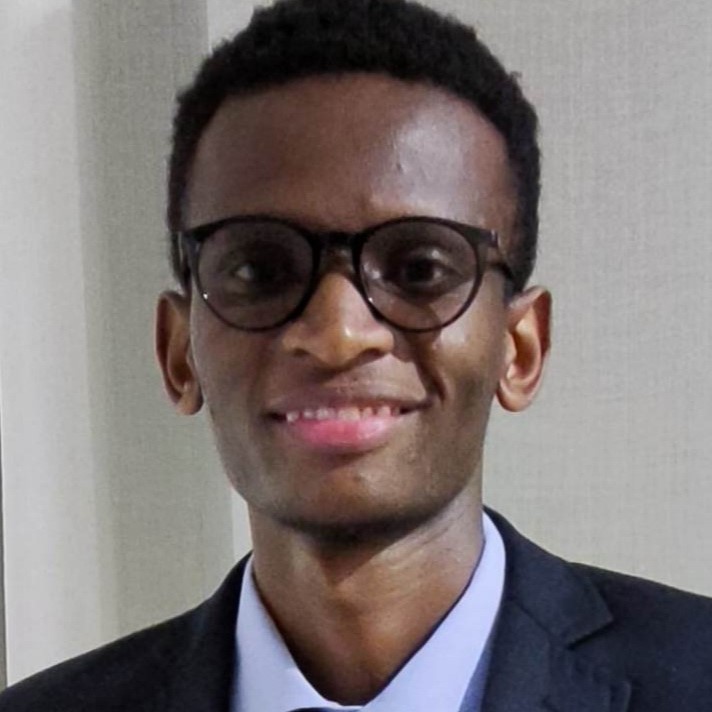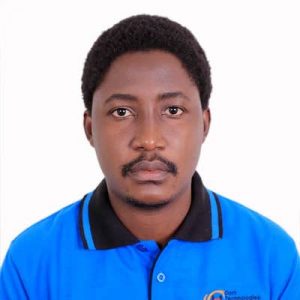Fourth Meeting of the DS-I Africa Consortium
16 - 22 November 2024
The Ravenala Attitude Hotel, Mauritius
Primary tabs
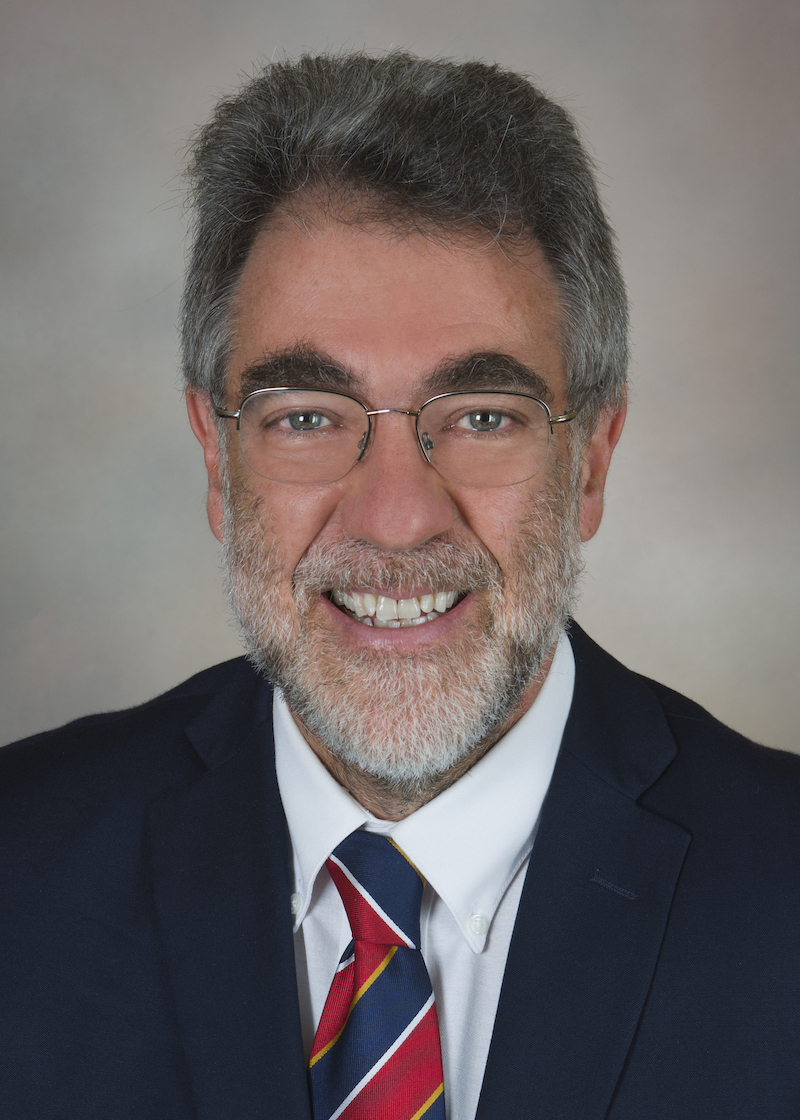
Dr William Hersh - Speaker
Computational Omics and Biomedical Informatics Program (MPI)
William Hersh, MD is a Professor in the Department of Medical Informatics & Clinical Epidemiology (DMICE) in the School of Medicine at Oregon Health & Science University (OHSU) in Portland, Oregon, USA. He served as the inaugural Chair of DMICE from 2003-2022 and as Head of its predecessor free-standing Division of Medical Informatics & Outcomes Research from 1997-2003. Dr. Hersh is a leader and innovator in biomedical informatics both in education and research. In education, Dr. Hersh serves as Director of OHSU's Biomedical Informatics Graduate Program, which is one of the oldest and largest in the world. He is PI of OHSU's NIH National Library of Medicine T15 Training Grant, which is the largest and second-longest training grant at OHSU. Dr. Hersh also spearheaded OHSU's efforts in distance learning in biomedical informatics. He has taught in person and online widely around the world. Dr. Hersh has led a number of innovations in biomedical informatics education. He conceptualized and implemented the first offering of the American Medical Informatics Association (AMIA) 10x10 ("ten by ten") program, which provides the equivalent of an introductory graduate-level course and has been completed by over 3000 health care professionals and others. He is Editor of the introductory textbook, Health Informatics: Practical Guide, 8th Edition (Lulu.com, 2022), which has an associated Web site. Dr. Hersh is also an accomplished researcher. His main efforts have been in the area of information retrieval (also known as search) applied to biomedicine. He has authored over 200 scientific papers and abstracts as well as the book, Information Retrieval: A Biomedical and Health Perspective, 4th Edition (Springer, 2020). His current work focuses on the application of search techniques to electronic health record data, aiming to improve patient cohort discovery and amplification of signals of rare diseases. He has also led a number of IR challenge evaluations under the guise of the Text Retrieval Conference (TREC).
